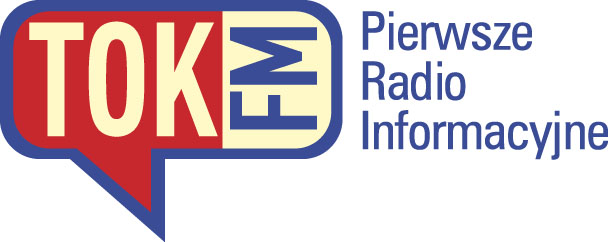

Maria Peszek
For ten years of acting, she played for the most important theater
directors and filmmakers, creating a series of award-winning roles. She cooperated with Jerzy Grzegorzewski, Piotr Łazarkiewicz, Agnieszka Holland, Jerzy Stuhr, Kazimierz Kutz, Krystian Lupa.
Since 2005, she has focused mainly on the music that has turned out to be hers real passion. She has released four solo albums: Miasto Mania (2005) / Maria Awaria (2008) / Jesus Maria Peszek (2012) / The Rifle (2016). Each of them caused a storm and at the same time turned out to be artistic and commercial successful, becoming platinum and double platinum, collectively selling in circulation of over 250,000 copies, making Maria Peszek one of the most important figures of the Polish music scene. Referred to as the "concert animal" Maria Peszek she played over 400 enthusiastically received concerts in Poland and abroad, on club stages and at the most important Polish and European festivals. Winner of prestigious awards, including: Polityka's Passport, Fryderyk, Wdech Gazeta Wyborcza and the Przekrój Phenomenon. For five years she ran her own on Radio Roxy original program - Radio Maria.
The author of moving and uncompromising texts on religious issues,
Polishness, traditional social roles, often shocking public opinion in Poland, Maria Peszek evokes extreme emotions, she expresses her clearly and openly views and is one of the most expressive figures in public space.
In January 2020, after the concert break, she returned with the band in a new line-up and with new, surprising arrangements as part of the enthusiastically received SORRY POLSKO SUPER TOUR.

















































